No products in the cart.
Return To ShopHow to Identify Fake Imported Supplements in Pakistan
The world of fitness and health has seen a significant boom in Pakistan, with many individuals turning towards imported supplements to meet their health goals. Whether it’s protein powder, pre-workouts, or multivitamins, imported supplements are often seen as superior, carrying the allure of enhanced performance and better results.
However, this increased demand has also attracted a darker reality—counterfeit supplements flooding the market. Understanding how to identify fake imported supplements in Pakistan is essential for safeguarding your health, your wallet, and your fitness journey.
The Risks of Consuming Counterfeit Supplements
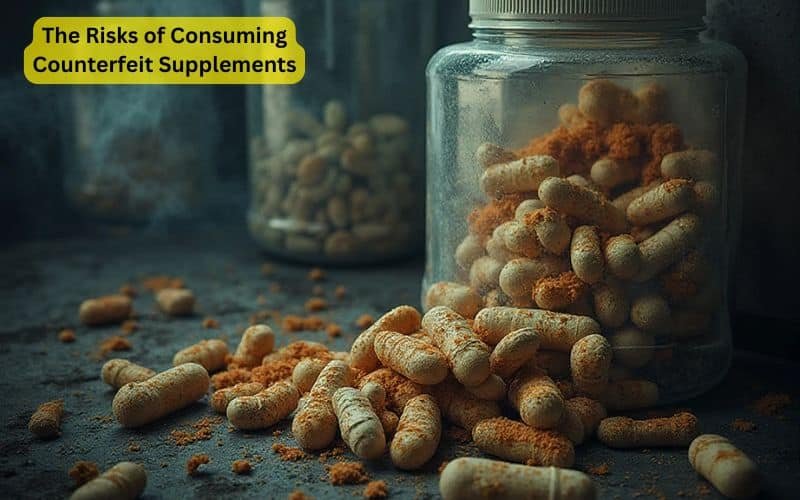
Consuming fake supplements is not just about wasting money; it’s a matter of risking your health.
- Counterfeit products often contain harmful substances, unregulated by authorities, and are manufactured in substandard conditions.
- The contents of these fakes could range from sugar and chalk to dangerous chemicals that wreak havoc on the body over time.
- While genuine supplements undergo rigorous testing and quality control, fake products can bypass all safety measures, leaving consumers vulnerable to unknown side effects.
- Muscle cramps, kidney damage, or even long-term health complications are just the beginning. With fake supplements, you might be gambling with more than just your fitness gains.
Common Signs of Fake Supplements
While counterfeiters have become more adept at mimicking genuine products, several telltale signs can help you spot a fake. The first, and often most obvious, is the price.
- If a deal seems too good to be true, it probably is. Deep discounts and suspiciously low prices on imported supplements are often a red flag.
- Another common sign is packaging. Authentic supplements come with precise packaging that feels solid and professional.
- Counterfeits often have flimsy packaging, misspelled words, or off-color labels. Look for discrepancies in fonts, logos, or images.
- Expiration dates are another area counterfeiters can slip up, often using expired or manipulated dates to confuse buyers.
How to Analyze Supplement Packaging
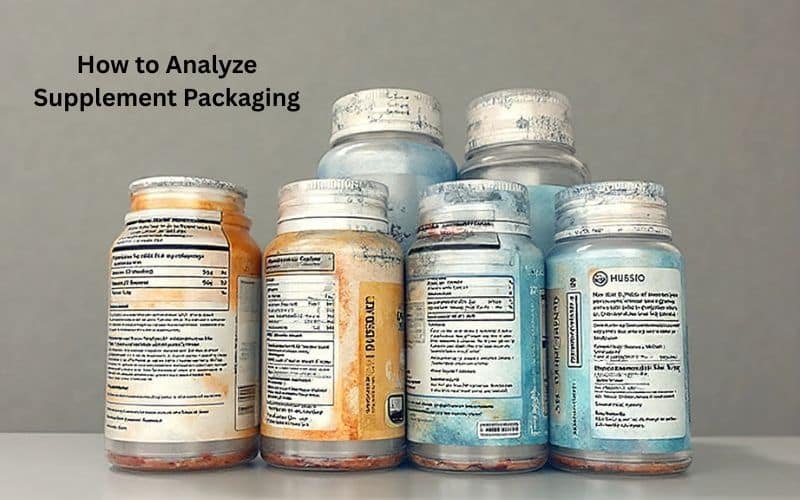
The packaging is your first line of defense against fake supplements. Genuine products typically have high-quality labels with consistent branding across every detail. Batch numbers and manufacturing details should be clear and easily readable.
Some reputable brands even include holograms, barcodes, or QR codes to verify authenticity. It’s important to scrutinize all these details.
Check for seal integrity; a broken or tampered seal should be an immediate cause for concern. Furthermore, analyze the text on the packaging—look for grammatical errors, poorly printed graphics, or faded colors. While these might seem like minor details, they can often be major indicators of counterfeit products.
Verifying Authenticity Through Certification
Authentic supplements are usually certified by recognized regulatory bodies or carry stamps from quality assurance programs. These might include GMP (Good Manufacturing Practices) certification or FDA (Food and Drug Administration) approval. Verifying the certifications on the label can give you confidence in the product’s authenticity.
Many manufacturers also provide unique verification codes on their packaging that you can enter on the official website to confirm that the product is genuine. Taking a few minutes to cross-check these details can save you from falling victim to a counterfeit product.
Trusted Retailers vs. Dubious Sellers
Where you buy your supplements is just as important as what you buy. Trusted retailers—whether physical stores or reputable online platforms—are more likely to stock genuine products. Avoid purchasing from street vendors or unverified sellers on online marketplaces. Just because a seller claims to offer “100% genuine products” does not make it true.
Opt for well-known supplement stores, authorized distributors, or official websites to ensure you’re getting the real deal. Some brands have exclusive partnerships with certain retailers, so checking the brand’s official website for a list of authorized sellers is always a smart move.
The Role of Regulatory Authorities in Pakistan
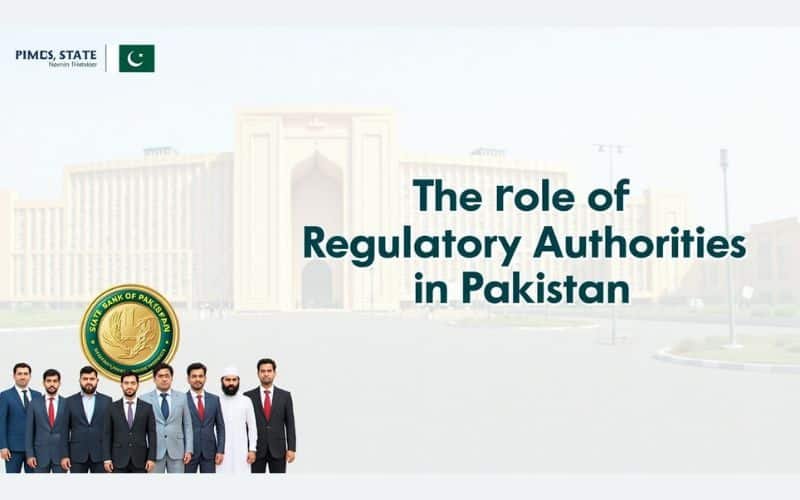
Pakistan’s regulatory authorities, such as the Drug Regulatory Authority of Pakistan (DRAP), play a vital role in combating the sale of fake supplements. However, the sheer volume of counterfeit goods in the market can sometimes overwhelm regulatory efforts.
It’s important to stay informed about the latest initiatives or warnings issued by DRAP or other bodies about counterfeit supplements.
Consumers can also take an active role by reporting suspicious products. If you come across a supplement that you suspect is fake, reporting it to the authorities can help protect others from falling victim to the same scam.
Conclusion
In a market rife with fake products, knowing how to identify counterfeit supplements is crucial. From checking for obvious signs of fraud to buying from trusted retailers and verifying certifications, consumers in Pakistan need to stay vigilant. The risks of fake supplements are too high to ignore, and by staying informed, you can ensure that your health—and your fitness journey—remain on track. Always do your research, scrutinize the products you buy, and don’t let the allure of a bargain compromise your well-being.

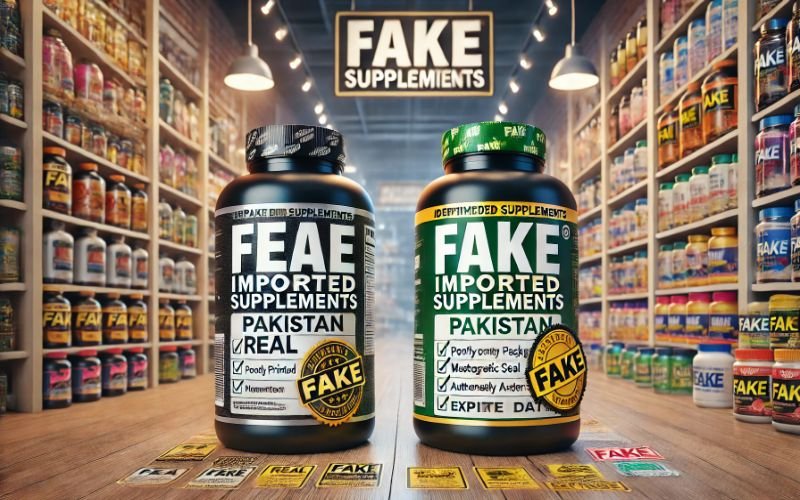
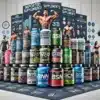

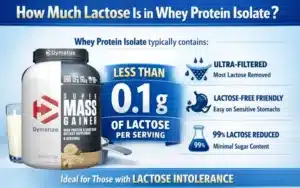

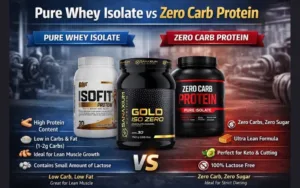
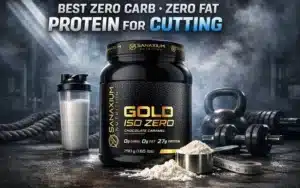
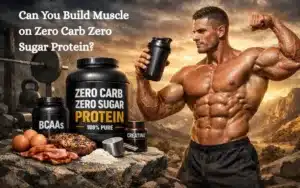
Add comment